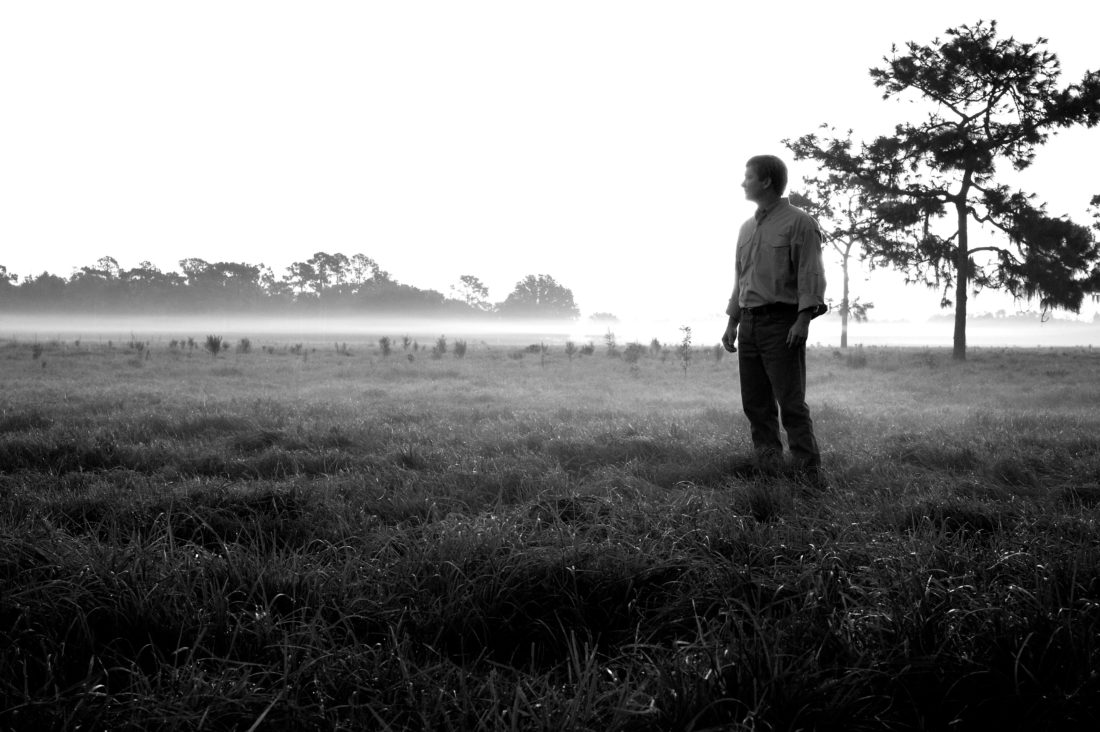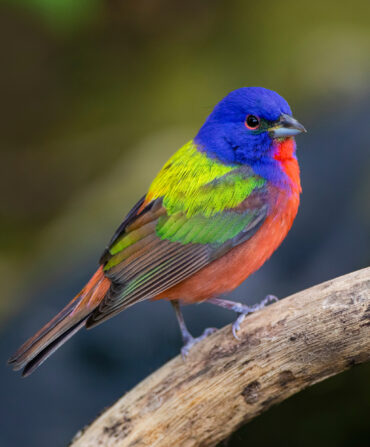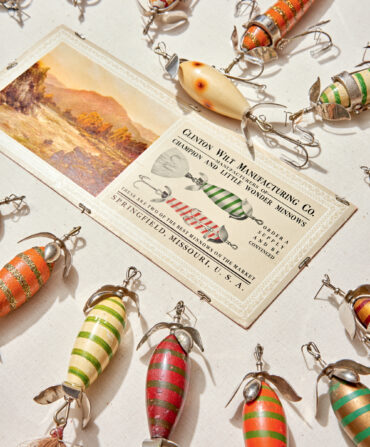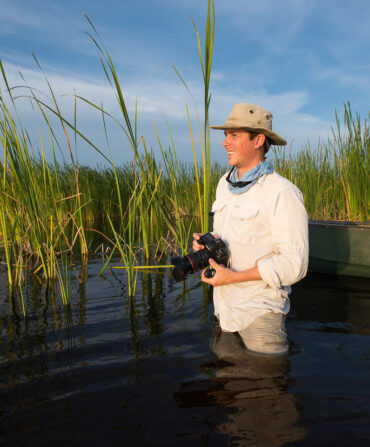In his scant forty-five years, Adam Putnam has assembled a résumé most would take a lifetime to create: fifth-generation Florida farmer and rancher, the state’s then-youngest-ever person elected to the Florida legislature, a former five-term U.S. Congressman, and a past Florida Commissioner of Agriculture and Consumer Services. Those varied experiences, however, prepared him well for his latest title. Earlier this year, Ducks Unlimited named Putnam CEO—a crucial position at a time when the biggest player in wetlands conservation wrestles with mounting challenges to waterfowl, including plummeting mallard numbers along the Atlantic and dwindling hunters in the blind.
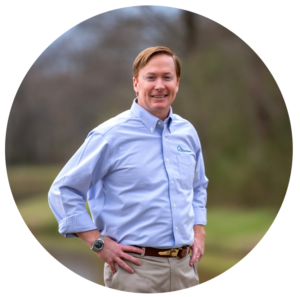
Photo: Courtesy of Ducks Unlimited
Adam Putnam.
What happens in the South’s duck woods and waters is directly connected to what happens in Washington, D.C. What are the opportunities for positive movement in wetlands conservation?
I’m optimistic about the conservation agenda. In this highly polarized political environment, conservation has become a Switzerland, a place of coming together, and there’s already positive movement. Look at the funding for the Land and Water Conservation Fund, the North American Wetlands Conservation Act, and the Comprehensive Everglades Restoration Plan. This is a recognition of the broader benefits to society that our mission brings. And while our name and mission are founded on ducks, we’re working on flood control issues and coastal resilience and restoration of habitats and supporting the economies of communities that exist around wetlands. There are a lot of places to do good work.
In your work with Florida’s agriculture sector, you juggled competing interests and complex issues. What can DU do to help agricultural producers sign on to a more wetlands-friendly way of doing business?
The future of conservation is directly connected to the future of working lands in North America. One of DU’s strengths is that we are a good-faith player that can meet farmers inside the farm gate and sit on the tailgate to talk about how they can feed this planet, support their families, and at the same time take care of these environments that are critical to the rest of America. Look at our work with rice producers. We’ve worked to help them understand that by making modest adjustments of timing and duration of flooding, and small changes in what they leave behind in their fields, they can make a living and still create exceptional habitats for the ducks that then migrate north to create more waterfowl for everyone in North America. That will be a cornerstone of my job, to work with farmers and ranchers to build that coalition.
We all hear about declining hunter numbers, and the approaches of the past to hunter recruitment seem to need a reboot. What’s DU doing to turn the tide?
Our 180 high school and college chapters are energizing the next generation of outdoorspeople, and many of them are not from hunting traditions. This has created a new career path in conservation. We’ve hired more than fifty members of those chapters to work at DU, and dozens more have been hired by other organizations. And these members are sticky. If you get a twenty-one-year-old fired up about conservation, that enthusiasm carries into young adulthood. And it’s not just DU. I drop my daughter off at school, and she walks in with a compound bow in her hand because there’s an archery program at her school. More schools are hosting archery clubs and bass fishing clubs. It’s our job to connect these new generations to our heritage and the need for us to conserve the special places.
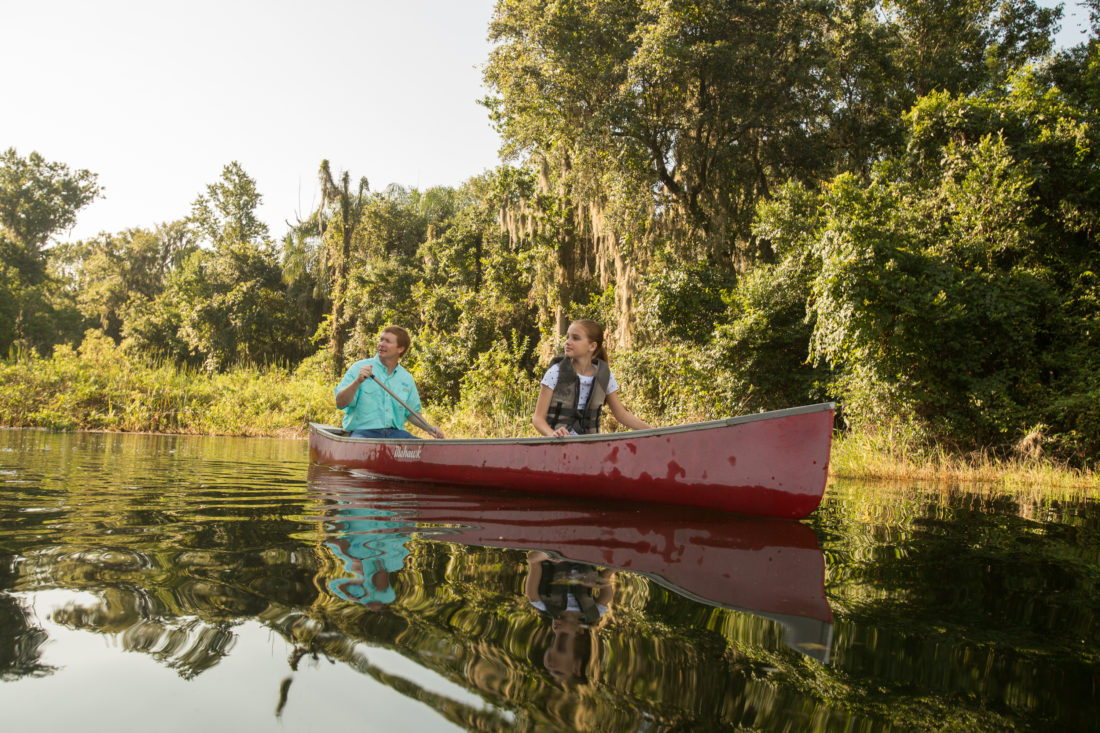
Photo: Courtesy of Ducks Unlimited
Putnam and his daughter Emma.
The Southeast is in for dramatic changes to waterfowling seasons this year, particularly with a mallard bag limit cut in half in the Atlantic Flyway. There’s a looming population crisis, and scientists are not yet sure of the culprit. What’s the path forward?
The science is showing some frightful reductions in Atlantic Flyway mallard numbers, particularly in Pennsylvania and New York. That will definitely impact states to the south. We are working with the U.S. Fish and Wildlife Service on the science, but there are some strange things going on in these populations, and we need to mobilize on the research. For those who are frustrated by the limits, let me say this: We need to recognize on whose shoulders we stand. When times were much tougher, and the skies were nearly empty, there were people who said, “We’re not going to wring our hands and complain about this. We’re going to work.” And they founded an organization and a movement that were built on that perspective. This is just one more challenge for us to overcome, and we will. Now is the time to be more involved, not less.
You have such deep experience across the vast Florida landscape. So, where can I catch a tarpon next Thursday?
I’m a pretty unselfish guy, so I’ll meet you at the Pink Elephant dock at Boca Grande and show you myself. But I’m also not crazy, so I’m not going to say another word about the details in a magazine interview!


